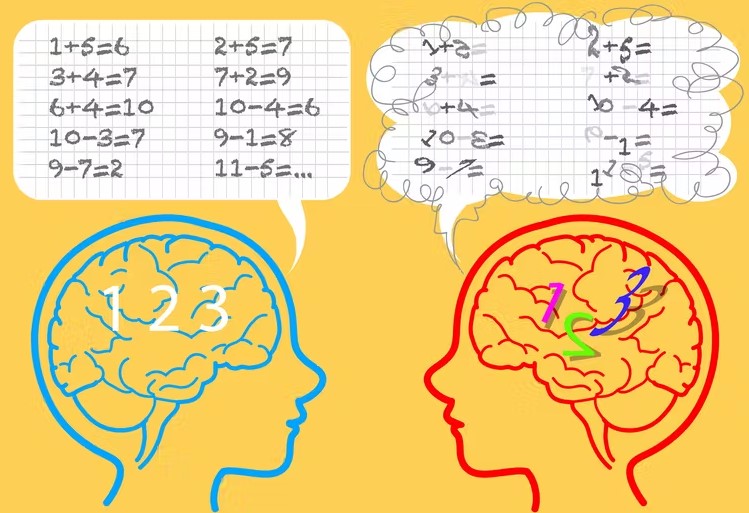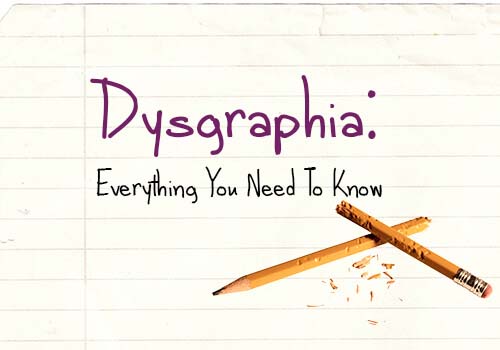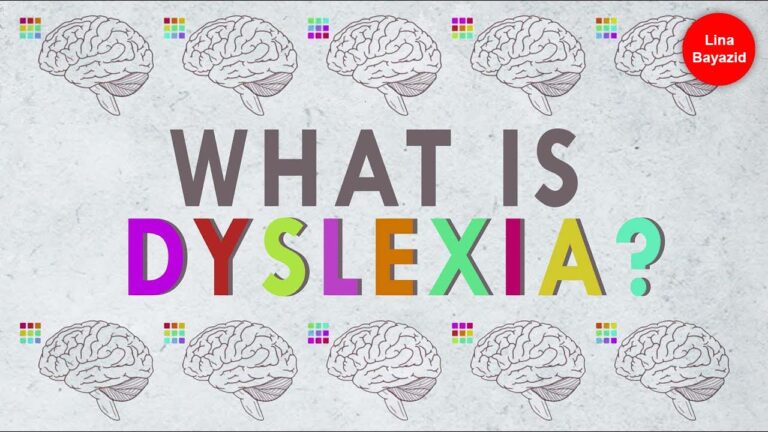
Does your child perform exceptionally or averagely in class but is relatively poor in math? Perhaps they have a condition known as Dyscalculia. Dyscalculia is a learning disability that impacts a person’s ability to do math-related tasks, from classwork to practical applications. The condition impairs the person’s ability to learn and comprehend number-related concepts.
Dyscalculia is sometimes known as ‘math dyslexia’ or ‘number dyslexia.’ The symptoms range from difficulty with counting to basic mental math. Concepts like bigger vs. smaller are often challenging to such individuals.
Dyscalculia in School Children
At some point, we all didn’t know how to tackle any mathematical questions, but we got to learn and become better with time. However, the same may not be said for children with Dyscalculia. If you have a child with Dyscalculia, you will realize that they cannot grasp basic mathematical concepts that they should have learned to do based on their age.
Most children with Dyscalculia are okay with other subjects and may perform well in them, as long as there aren’t any mathematical concepts.
Signs of Dyscalculia
The most common sign of Dyscalculia is difficulty in processing mathematical concepts. It is possible that most of us may have faced some mathematical challenges at school.
It would be right to point out that just because you couldn’t comprehend a specific concept in math, say algebra, but you did well in other areas like multiplication and division, it doesn’t mean that you had Dyscalculia.
A person with Dyscalculia has difficulties comprehending almost every mathematical concept, including its applications to everyday life.
Some of the most common signs of Dyscalculia are difficulties in:
There are many other symptoms that may cause Dyscalculia. You may really never be able to tell if your child has Dyscalculia unless they get checked by a professional.
How Does Dyscalculia Affect Someone?
For starters, someone does not outgrow Dyscalculia. If you notice a child struggling with maths, they’ll probably still face the same issues when they grow older. Difficulty with math can occur at any level, and it will be as difficult learning simple addition as it is to learn algebra.
With Dyscalculia, it can be quite challenging to do everyday tasks like cooking, grocery shopping, and getting to places on time. All these involve having some basic math skills, something known as number sense.
Problems to deal with number sense may show up early when one is still in their elementary school level. However, it may show up for some other people later on as math gets more complex, and they may also be required to apply what they learn in school to everyday life.
Managing Dyscalculia
Since there isn’t an outright treatment for Dyscalculia, there are certain measures that both parents and teachers have to take to ensure that their child isn’t highly inconvenienced. Moreover, these guardians ought to know as soon as possible that the child has the condition as soon as they spot the symptoms.
Does your child show any symptoms of Dyscalculia? It would be prudent to get an expert involved. You can start with the school counselor or a trained psychologist.
Lina Bayazid has extensive experience dealing with children with learning disabilities. She is passionate about such special kids and strives to create a better learning environment for them. Lina has trained many parents and teachers on how to take care of such children, offering both academic and emotional support.
With her training, both parents and teachers can adjust their techniques accordingly to accommodate the special needs of children with Dyscalculia.
Reach out to Lina Bayazid today and schedule your consultation to gain a deeper knowledge of managing children with Dyscalculia.







